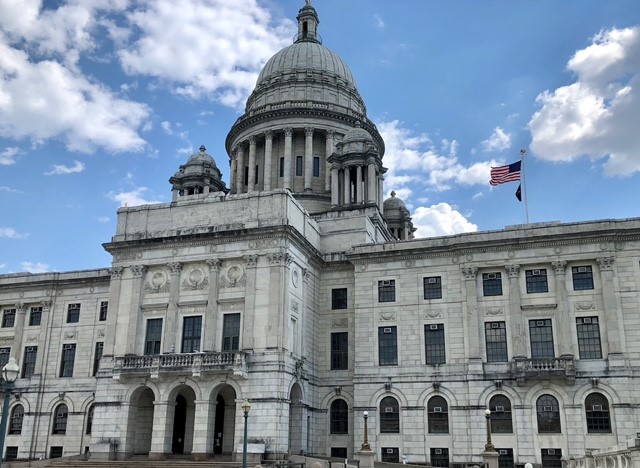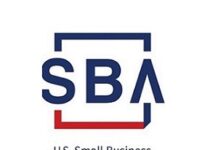
PROVIDENCE – The question of how to fund a $3,000 bonus for state union workers who are vaccinated against COVID-19 is at the center of the debate over use of the $1.1 billion the state received in American Rescue Plan Act funding.
Gov. Daniel J. McKee has said federal dollars would be used to fund the bonuses, which were included as a provision in the state’s new four-year agreement with the Rhode Island Council 94 of the American Federation of State, County and Municipal Employees, which approved the contract on Thursday by a vote of 1,963 to 97.
The state workers will receive the $3,000 bonus in two $1,500 payments if they are vaccinated against COVID-19. Workers who have not received the vaccine due to religious or medical exemptions will also receive the bonus. The agreement also calls for the workers to receive a 2.5% cost-of-living increase annually for four years.
Derek Gomes, spokesman for the R.I. Department of Administration, said the two $1,500 payments qualify for use of federal funds, and that is the McKee administration’s preferred option. However, the General Assembly ultimately appropriates funding and approves the funding source.
Rep. Carlos E. Tobon, D-Pawtucket, said that he will need to learn more about the union contract before voting to appropriate the funding. Tobon, who is co-chair of the House ARPA Task Force, has emphasized a careful and long-term approach to spending federal dollars.
“It’s important that we take care of our state workers, and we do all we can,” he said. “But we have been looking to invest these [federal] funds. These funds are being looked at critically, and we haven’t rushed to do things, being mindful of the state’s areas of need.”
Tobon said the state has a “golden opportunity” to be careful with its strategy for spending the funding. The ARPA Task Force has been mindful of that approach during its hearings, he said.
“If this investment in state workers helps us, great,” said Tobon. “Luckily in this case we have some money, but what if we didn’t? What would the alternative be? Do we bond? Do we borrow money and go into debt and burden the people of Rhode Island?”
Rhode Island’s House Minority Office estimates funding of the workers’ bonuses to cost over $11 million and issued a critical statement.
“People should be paid for their work, not their private medical choices. The hundreds of thousands of vaccinated Rhode Islanders should not be forced to pay bonuses to state employees who have also chosen to be vaccinated. The union’s role is to negotiate the best deal for their members – and they clearly have. On the other hand, it is up to the governor to advance the best interest of all taxpayers – and he has failed.”
House Minority Leader Blake A. Filippi, R-New Shoreham, said when funding for the bonuses in a spending package is put before the legislature, he will take a long hard look at it before voting.
“This $3,000 bonus detracts from any spending package, but we have to see what other initiatives are included in it before we vote,” he said.
Filippi said use of federal funds this way sets a bad precedent.
“The precedent is clearly part of this because what’s next and where does it stop?” he said, noting that other unions in the state will be coming before the legislature seeking parity. “It’s a foolish road to go down.
“It’s not like it’s just going to be these R.I. Council 94 workers,” Filippi continued. “It’s going to be a lot more than $11 million when all is said and done. It doesn’t stop with Council 94. It just doesn’t.”
Filippi said the question is: What other types of private health care decisions is the state going to be incentivizing or not incentivizing?
“The federal money can be used for a lot of things, but I think it’s a question of priorities,” he said. “There is nothing more permanent than a temporary government program.”
Gov. McKee’s office did not immediately return a call seeking comment.
(ADDS final paragraph to note attempt to get comment from McKee.)
Cassius Shuman is a PBN staff writer. Contact him at Shuman@PBN.com. You may also follow him on Twitter @CassiusShuman.












